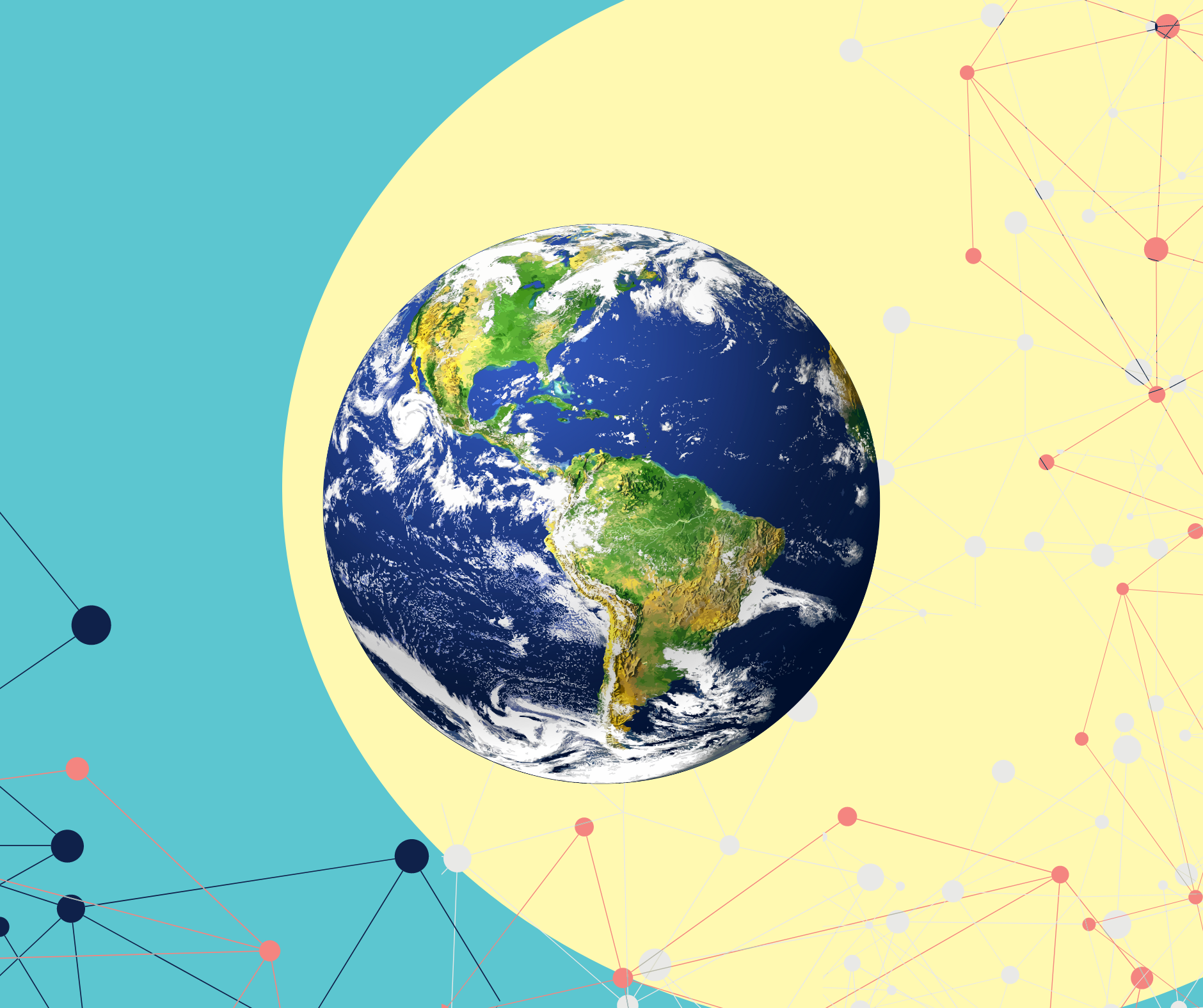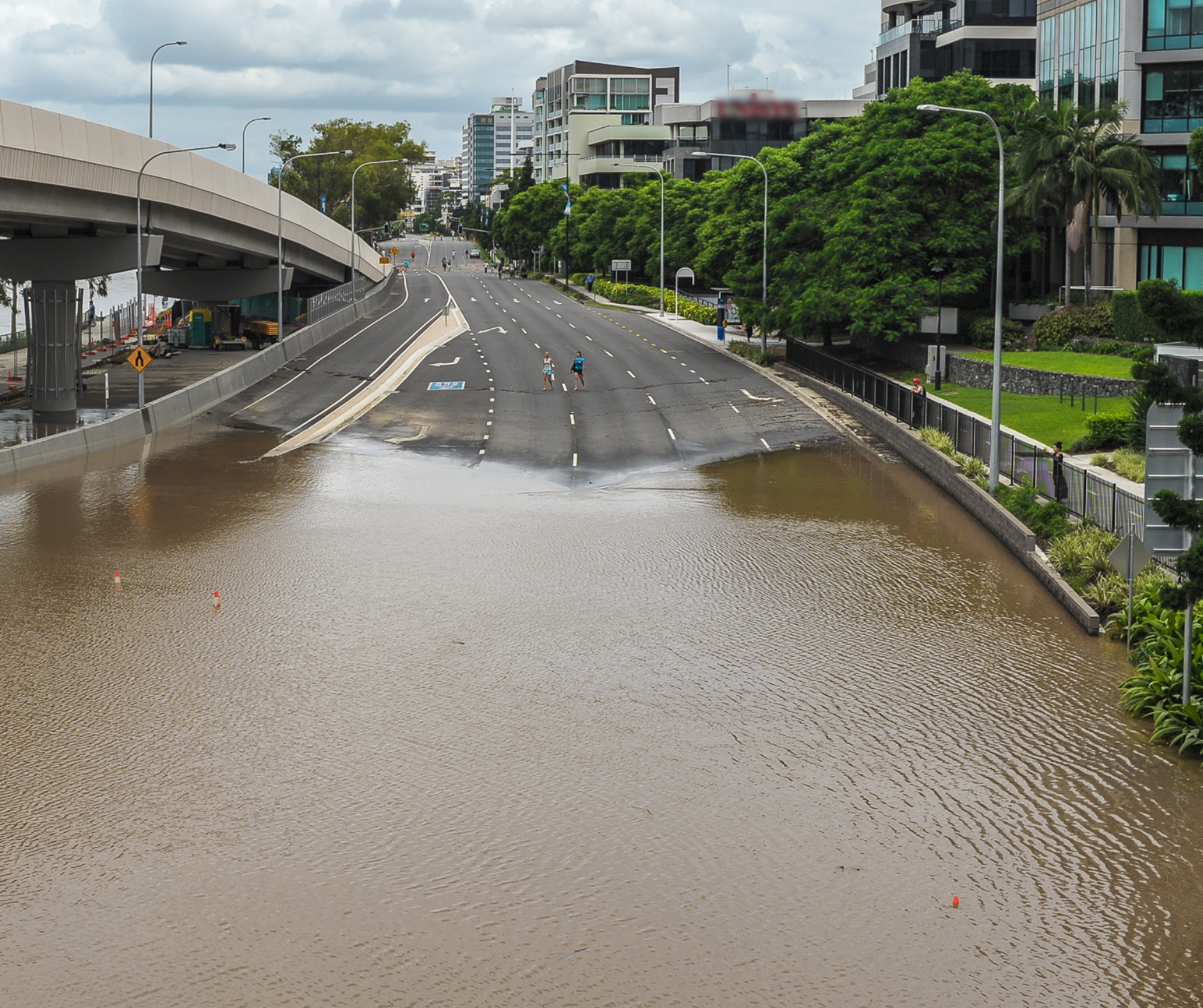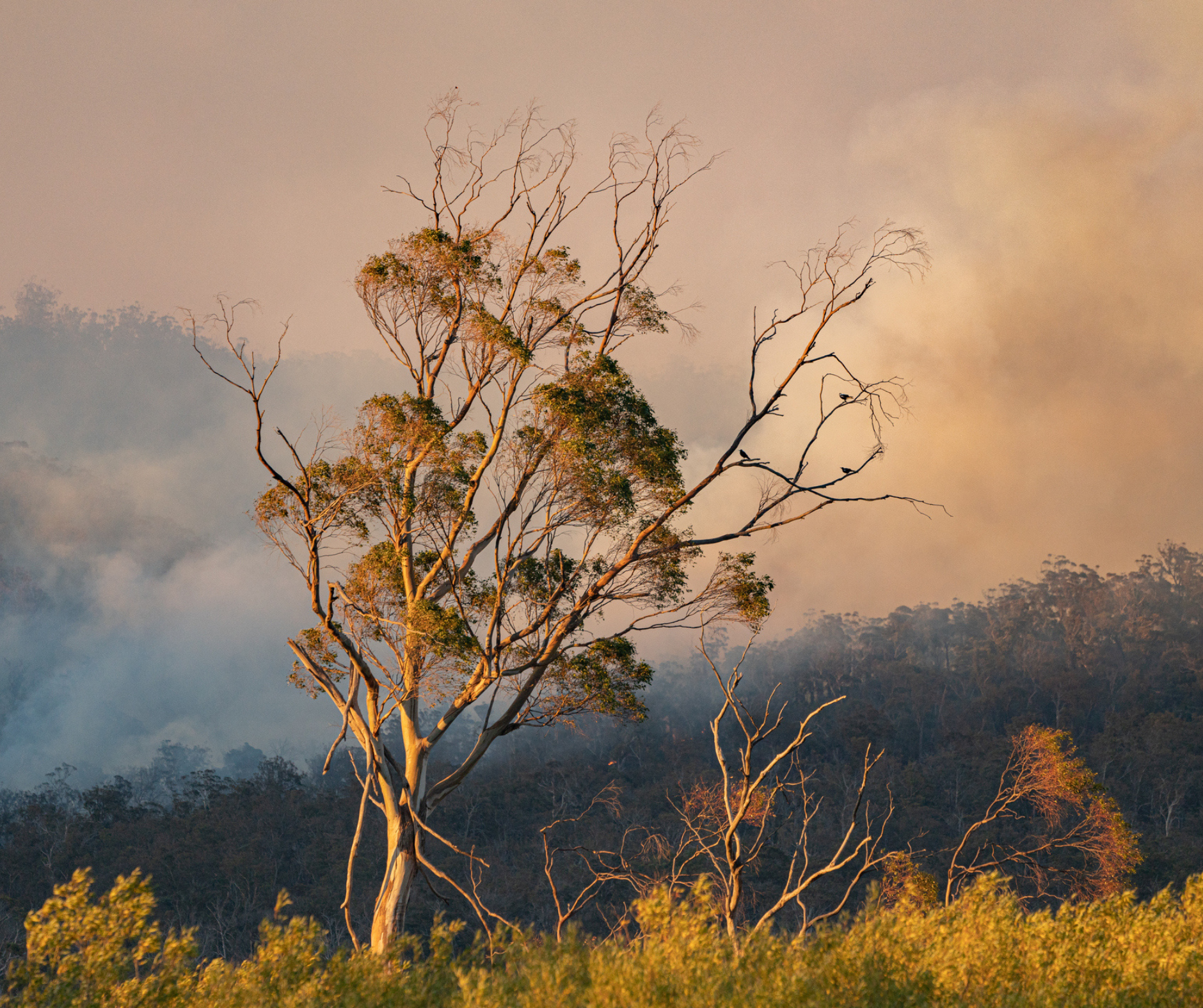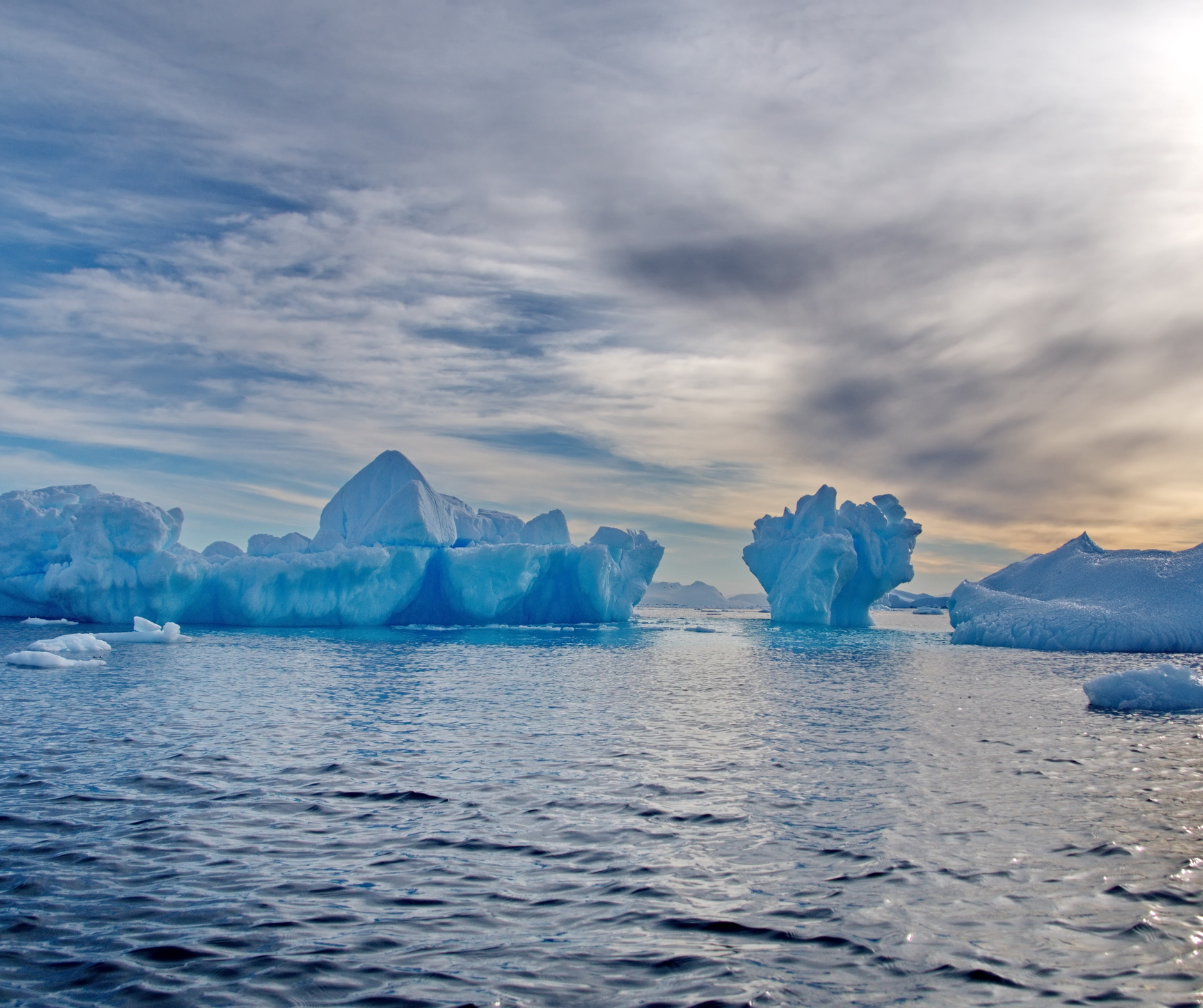The science behind climate extremes is fascinating and diverse.
Our experts love to share their work with the media, websites like The Conversation and here at climateextremes.org.au – here’s some of their latest articles.
Note: sometimes we also share work and articles from researchers and organisations not directly affiliated or funded by our Centre. We love to share interesting work done by others in our field. If you’d like to share or adapt our work, please get in touch – email clex@unsw.edu.au
-
Huge waves in the atmosphere dump extreme rain on northern Australia

Atmospheric waves are like vast musical notes resonating around the globe. Researchers have recently discovered how these waves affect Australia’s rainfall and how they can help us make better weather forecasts.
-
The power of AI in climate modelling and beyond

Artificial intelligence (AI) is increasing in popularity in the field of climate modelling. Academic publications on the topic have surged and there are more and more initiatives to support the development of research in that field. But, where does this growing interest come from?
-
It’s too hard to make business decisions in the face of climate uncertainty – here’s how ‘storylines’ could help

Navigating climate uncertainty can be challenging, especially when making decisions. ‘Storylines’ have the potential to make an uncertain future more tangible than numbers, and thereby better aid with planning and decision-making.
-
Climate change in Australia: drought identified as a major source of fire risk in the future

In a recent study, climate scientists showed that the modified Fosberg Fire Weather Index, a proxy for fire weather, increases across Australia under climate change, suggesting a higher chance of fires in the future. They attributed this to worsening drought conditions.
-
How a community of scientists is “closing the loop” on Southern Ocean climate links

The Southern Ocean plays a crucial role in the Earth’s climate system, however its intricate dynamics remain poorly understood. Co-authored by over thirty Australian and New Zealand climate science experts, a new paper shows that cross-disciplinary collaboration and community building are important for solving the mysteries of the Southern Ocean’s dynamic climate systems.
-
Global temperatures exceeded 1.5°C warming for a full year: what does this mean for the Paris Agreement?

In 2015, world leaders of 195 nations agreed to limit global warming to well below 2°C above pre-industrial levels and to pursue efforts to limit the temperature increase even further to 1.5°C. While this year-long exceedance of 1.5°C doesn’t break the commitments made in the Paris Agreement, scientists warn that it does bring us closer…
